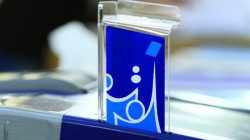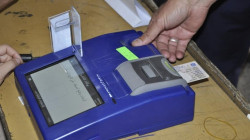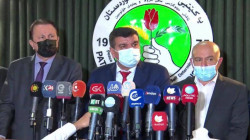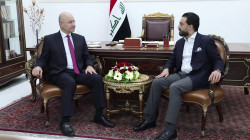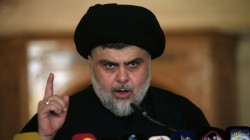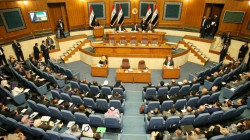Iraqi women in politics: struggles for representation and equality
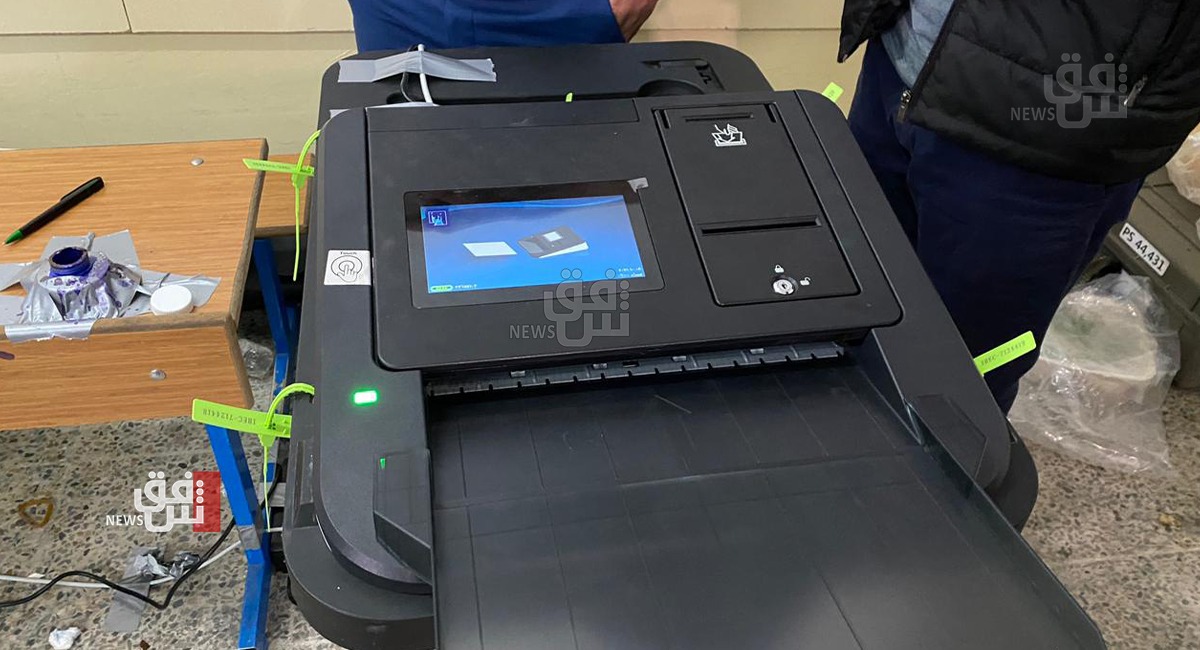
Shafaq News/ The Iraqi political arena is witnessing notable transformations amid continuous amendments to electoral laws, with efforts to enhance women's participation in decision-making. Despite advancing in some political positions, Iraqi women still face significant challenges that hinder their effective representation in parliament and government.
Iraqi Women’s Political Representation
The Vice Head of the Iraqi Women's Association, Suhaila Al-Asam, explained to Shafaq News, "Women's representation in the Iraqi parliament remains weak compared to men. This disparity reflects the social and cultural constraints that limit women's participation in politics."
She also pointed out the limited political influence of women, as their participation is often restricted to "women's quota seats," which reduces their actual impact on policy-making.
Political researcher, Nawal Al-Mousawi, said to Shafaq News, "We haven't seen a woman in a leadership position in the State Administration Coalition, and to date, we haven't seen any Arab political entity or party led by a woman. However, in terms of executive roles, the current government features only three women leading ministerial portfolios.”
She also noted that "the electoral law has set a women's quota with a 25% representation, and this is a fixed matter that should not be changed, as altering it could diminish women's opportunities or reduce their presence. On the other hand, new additional laws according to the recent amendments affect the participation of independent women and even men, resulting in a parliament dominated by classical parties that control its decisions based on their preferences, colors, and political beliefs."
Electoral Systems For Shaping Women’s Opportunities
Observers believe that the multi-district system is a key factor in enhancing the representation of women and independents in parliament, as it has enabled many independent lawmakers to reach the current parliament. In contrast, the Saint-Lague system is considered more favorable for large parties with broad support bases and substantial financial resources, reducing the opportunities for independents and women outside these entities.
The Leader of The Al-Nahj Al-Watani bloc, MP Ibtisam Al-Hilali, emphasized the importance of the multi-district system for women, stating to Shafaq News, "This system benefits women, and thanks to it, 97 MPs have entered the Iraqi parliament by securing the highest votes."
On the other hand, electoral expert Ahmed Al-Karkhi believed that "women are guaranteed at least 25% representation in parliament, regardless of the electoral system in place, whether it is the Saint-Lague system or the multi-district system. The women’s quota ensures their political representation rights."
According to the new electoral law, the Saint-Lague system will be implemented, with each province becoming a single electoral district, reducing the number of electoral districts in Iraq to just 18, compared to the multi-district system used in the 2021 elections, which divided the country into 83 districts.
The multi-district system relied on the highest votes to win candidates, offering independents a greater chance to enter parliament.
In contrast, observers argue that the Saint-Lague system complicates this process, as it employs mathematical methods that favor large parties, making it more difficult for independents and non-traditional party candidates to win.
Amending Iraq’s Electoral Law
The adviser to the State of Law Coalition (SLC), Abbas Al-Mousawi, revealed that calls to amend the electoral law are not confined to the SLC but also include other political blocs. These blocs view the amendment as a crucial step in reshaping Iraq’s political landscape. He noted that while discussions have focused on drafting a new electoral law, no specific draft has been proposed so far.
Regarding the stages the proposed amendment will go through, Al-Mousawi stated, "The Coordination Framework is the main political platform where the proposed amendment will be discussed. After initial agreement within the Framework, the type of the new law will be determined, and then it will move to the State Administration Coalition for consultation with the political blocs involved in the government to ensure consensus."
Al-Mousawi explained that these amendments aim to address issues highlighted by previous electoral laws, such as discrepancies in provincial representation and the marginalization of certain blocs and parties. He said, “The State of Law Coalition seeks to propose an amendment that fosters broader participation from other blocs and ensures their acceptance without substantial objections.”
Observers emphasize that any amendment to the 2018 Electoral Law (No. 12) must incorporate mechanisms that guarantee effective female representation in political leadership, contributing to enhanced decision-making roles for women. They argue that while legal amendments are vital, removing the entrenched social and cultural barriers hindering women's advancement is equally important.
These barriers remain a significant hurdle for women in politics. Political researcher Nawal Al-Mousawi noted, “Women face more social problems than political ones, as the prevailing culture in some Iraqi communities may limit women's roles in politics, with women sometimes seen as unqualified to take on major political responsibilities.” She explained that these perceptions often hinder women from gaining support from political parties or voters.
Al-Mousawi further highlighted the personal risks female politicians face, stating, “Female politicians are often subjected to increasing attacks, especially before elections." She added, "Some women in politics also face threats of violence or harassment, whether directly or indirectly, which discourages many women from engaging in political work."
The State of Law Coalition is pursuing its fourth attempt to amend the electoral law, despite only a year having passed since the third amendment, which was applied in recent provincial council elections but not parliamentary elections. The coalition justifies its efforts by emphasizing the need for a comprehensive law that involves the largest number of voters and reflects citizens’ aspirations.
"State of Law supports a comprehensive electoral law that involves the largest number of citizens and represents their desires. The call for an electoral law does not mean we are in favor of a specific law, but rather it will be agreed upon with political blocs to reach a law that does not have flaws," Al-Mousawi explained.
Activist Suhaila Al-Asam called for an electoral law that goes beyond quotas to ensure meaningful representation. She argued, “While quotas may increase the number of women in parliament, they do not guarantee effective participation if these seats are not given to women with political experience or strong capabilities.”
Al-Asam concluded, “The electoral law that serves women requires introducing effective mechanisms to ensure their true representation in political leadership and decision-making while simultaneously addressing the social and cultural barriers that hinder their advancement.”
